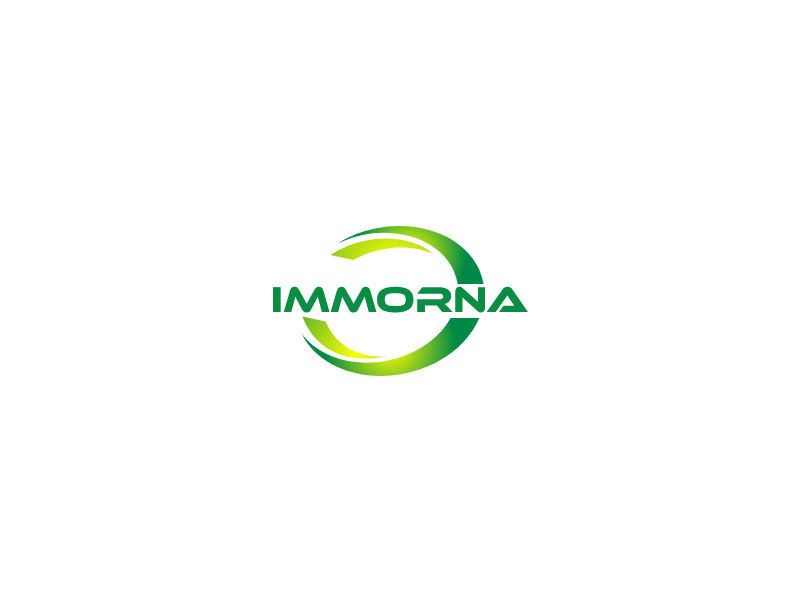Immorna Biotherapeutics, Inc a, clinical stage biotechnology company developing both self-replicating and conventional mRNA-based therapeutics and vaccines, has officially secured FDA’s approval for its investigational new drug (IND) JCXH-211 intravenous (IV), a novel, first-in-class self-replicating mRNA (srRNA) encoding the engineered human interleukin (IL)-12 protein. According to certain reports, the stated approval makes it possible for Immorna to initiate a Phase 1/2, multi-center, open-label, dose escalation and expansion study of JCXH-211, a study where it will administer the drug intravenously in patients with malignant solid tumors. As for the goal of this study, it will be to assess safety and tolerability, determine the recommended Phase 2 dose (RP2D) for JCXH-211 IV in combination with checkpoint inhibitor (CPI), as well as evaluate preliminary efficacy of the combination at the RP2D. Talk a little about JCXH-211; it is basically a first-in-class lipid nanoparticle (LNP) encapsulated srRNA that uses Immorna’s proprietary technology to encode the engineered human IL-12 protein. More on its nature would reveal that, in multiple preclinical animal and patient-derived xenograft (PDX) models, the anti-viral innate response triggered by RNA replicon, together with the potent anti-cancer immunity stimulated by IL-12, deemed JCXH-211 to have superior tumor-eradicating potency. Markedly enough, it was even better than similar preclinical candidates employing conventional (non-replicating) mRNA. As for the interim data from a Phase 1 trial of JCXH-211 IT monotherapy, it promises excellent safety, tolerability and significant anti-tumor biological activities, including abscopal effect.
“We are excited to have achieved this important milestone for one of our key assets,” said NgocDiep Le, M.D., Ph.D., President and Global Chief Medical Officer of Immorna Biotherapeutics. “Based on data from our preclinical studies, clinical data from our JCXH-211 intratumoral administration (IT) trial, and the candidate drug’s mechanism of action, we believe JCXH-211 IV in combination with CPI has the potential to work synergistically to enhance anti-tumor effect. We look forward to working with the investigators and patients to bring this potential novel therapy to patients.”
Turning our attention towards IL-12, it is a naturally occurring cytokine that plays a key role in the body’s immune response against cancer. However, despite consistently showing potent antitumor activity in preclinical studies, recombinant IL-12 protein treatment at tolerable doses in humans failed to provide clinical benefit. One reason why that happened turned out to be the non-overlap of tolerability window and therapeutic window. Another challenge was how IL-12 is unstable in vivo and has a very short half-life, with frequent intravenous administration of recombinant human IL-12 protein also proven to be hugely difficult because of unacceptable toxicities. In response to that, JCXH-211 IV would enable a prolonged expression of IL-12 preferentially in tumor tissues rather than normal tissues, leading to modulation of tumor microenvironment and activation of antitumor immune responses. Not just that, the whole mechanism will also minimize systemic toxicity. The latter part, like you can guess, will end up having a huge say in JCXH-211-IV demonstrating excellent safety profile across nonclinical studies that were conducted upon rodents and non-human primates. If this safety profile, along with its clinical efficiency is found to be sustainable, then the therapeutic can become another lifesaving yet easily accessible therapy for cancer patients who have progressed on or are resistant to currently available treatments.
Founded in 2019, Immorna’s rise up the ranks comes from its focus upon the development of RNA-based therapeutics and vaccines. Capable of utilizing multiple RNA platforms like conventional, self-replicating and circular RNAs, the company would go on to introduce a robust CMC platform for RNA synthesis, purification, and analytical testing which is well suited for both clinical and commercial development.






